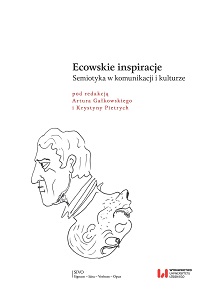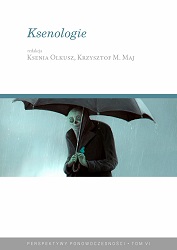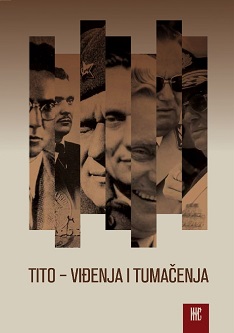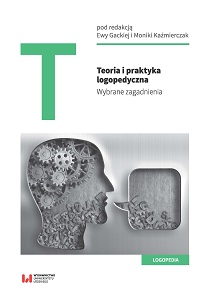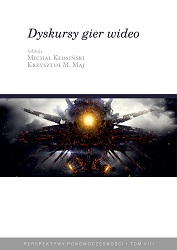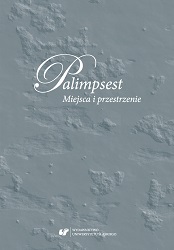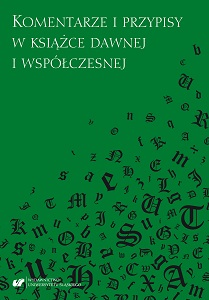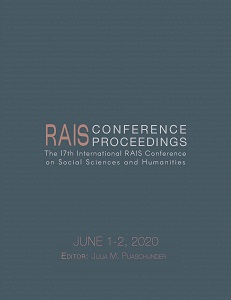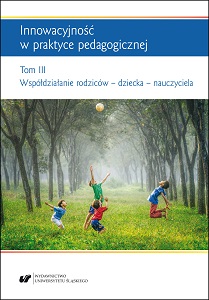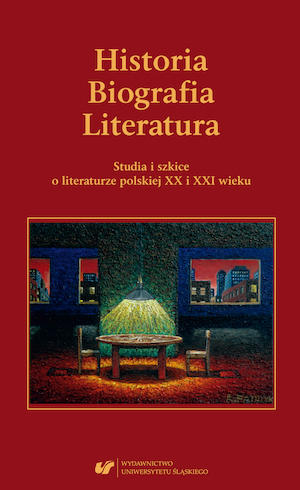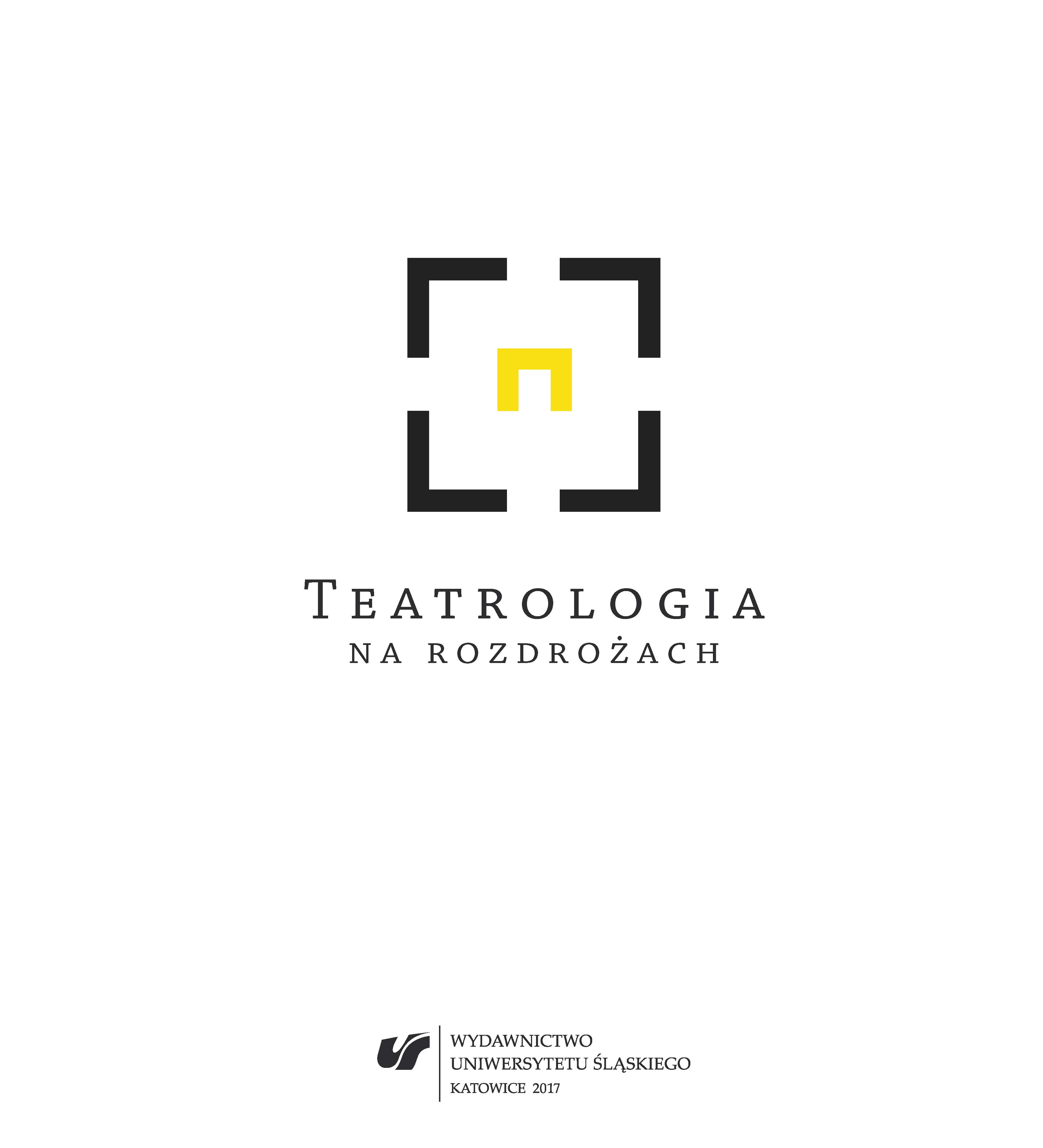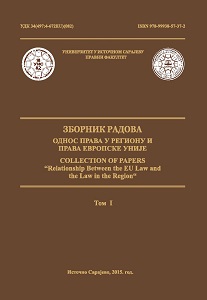
Human Rights in the European Union-a Thorny Path from the Intent to the Obligation of the EU's Accession to the ECHR
Људска права у Европској унији-трновит пут од идеје о заштити до обавезе приступања Европској конвенцији о људским правима
Keywords: European Union; Convention for the Protection of Human Rights and Fundamental Freedoms; Charter of Fundamental Rights of the European Union; Court of Justice of the European Union;
The aim of this paper is to analyse the development of the human rights protection policy in the European integration process. Starting with the premise of the lack of a consistent policy towards human rights in the beginnings of the development of the European Communities, the author analyzes the position of human rights in the various stages of the European integration process since the end of World War II. Human rights found their place relatively late in the Community legal order. From “negligence”policy towards human rights issues, noticeable in the early beginnings of the creation of European Communities, until acceptance of binding instruments for the protection of human rights passed half a century. The circle, however,is not yet closed.Well aware of the difficulty of the task at hand, and the numerous restrictions, the author chooses to highlight key moments resulting from the analysis of the rich literature on human rights protection in the process of European integration. Special attention is given to the idea of the EU`s accession to the Convention for the Protection of Human Rights and Fundamental Freedoms, which has been pressing for some time now, but the process, however, is not yet complete. The conditions for the accession to the Convention were met in 2009 with the entry into force of the Lisbon Treaty. However, although the formal legal obstacles are no longer present,it is obvious that further consultations are needed. We believe that the accession to the European Convention on Human Rights, is an important step in developing a unique system and a key factor of preservation of legal certainty and effective protection of human rights and freedoms in Europe.
More...
